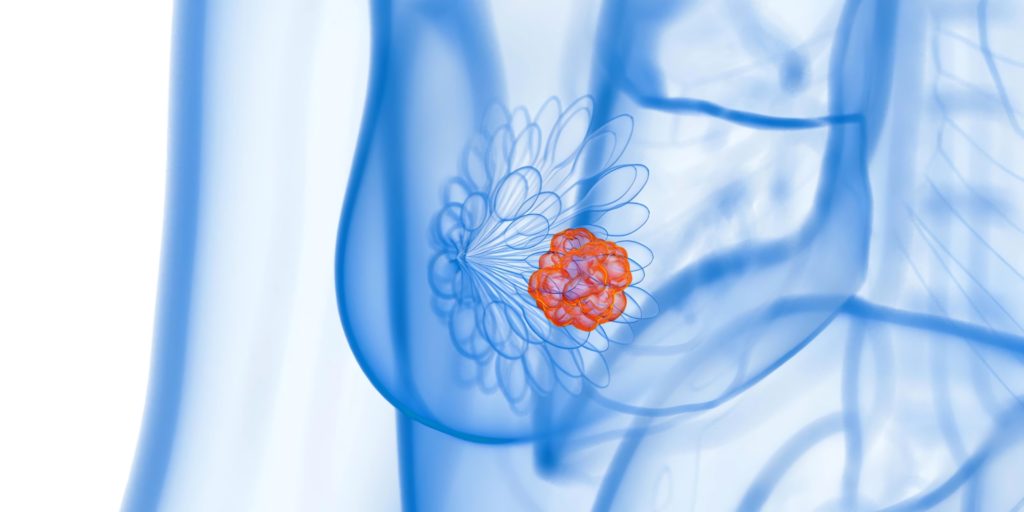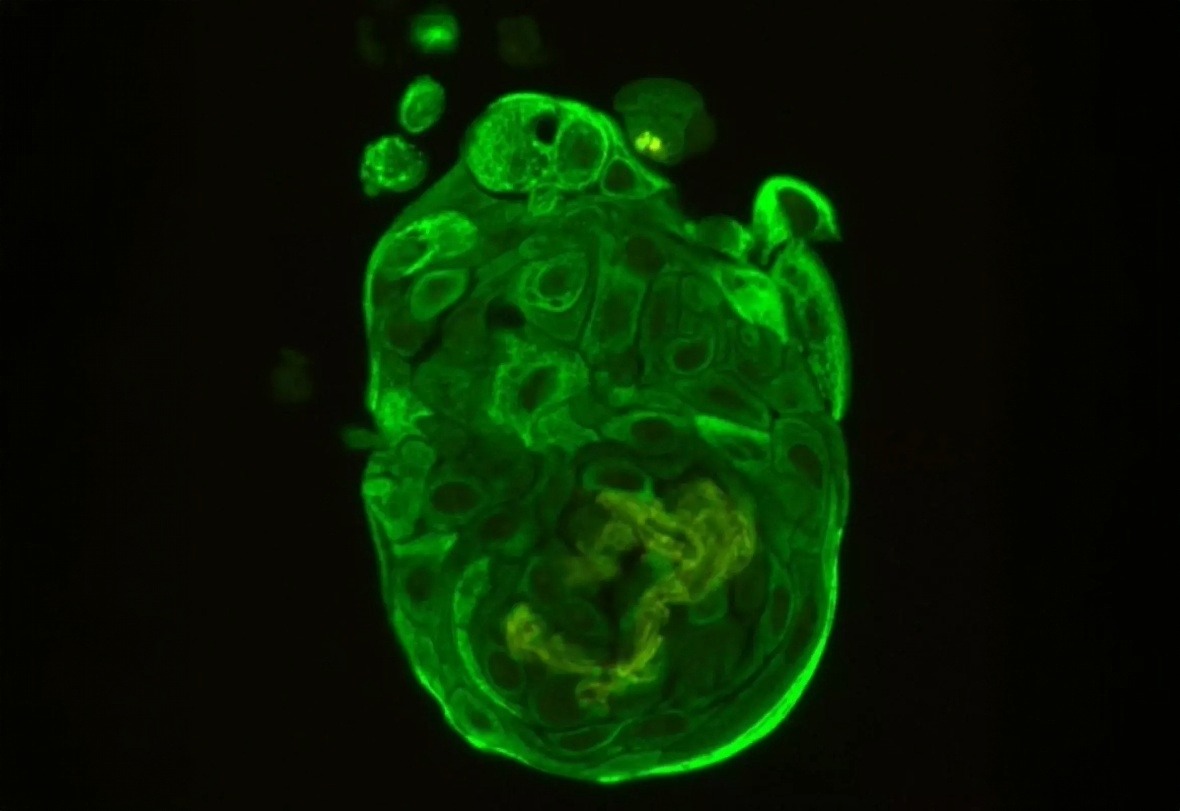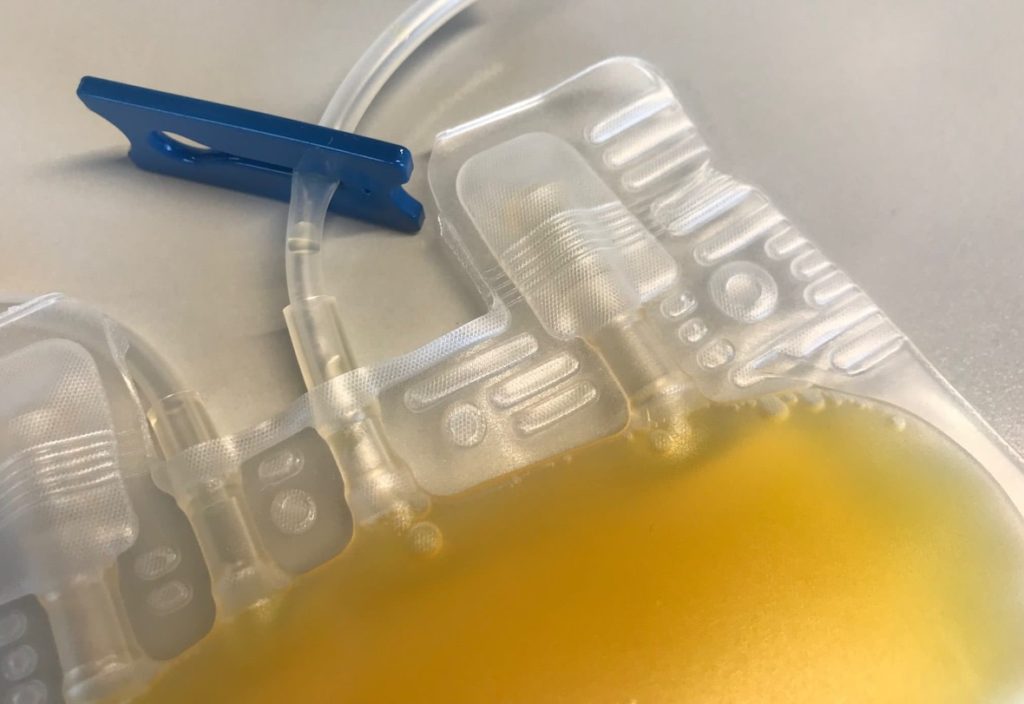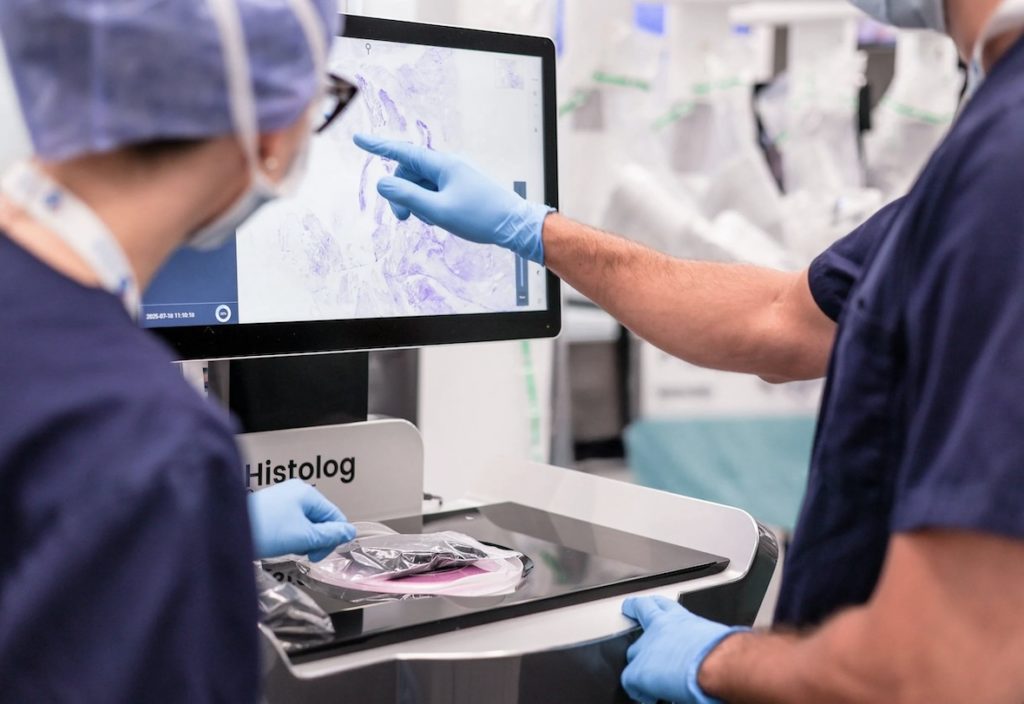
Geneva team develops lung cancer “mini-tumors” to accelerate personalized treatments
13 August 2025
 Scan of a patient-derived lung tumor spheroid used by Geneva researchers to test cancer treatments in conditions close to reality. | © HUG
Scan of a patient-derived lung tumor spheroid used by Geneva researchers to test cancer treatments in conditions close to reality. | © HUG
Researchers from HUG and UNIGE have developed patient-derived lung cancer “mini-tumors” to rapidly identify the most effective personalized treatments.
Researchers at Geneva University Hospitals (HUG) and the University of Geneva (UNIGE) have developed and precisely described a pioneering method for cultivating lung tumor spheroids from cells taken directly from patients. These three-dimensional “mini-tumors” faithfully reproduce the behavior of cancer cells, offering a unique platform to test a range of anti-cancer drugs in record time.
Within just two to three weeks, the approach can identify the most effective treatment for an individual case, potentially enabling more targeted and timely interventions. Lung cancer remains the leading cause of cancer mortality worldwide, responsible for 20% of related deaths, and is notoriously heterogeneous. Standard therapies such as chemotherapy or targeted treatments are not effective for all tumor types, with drug resistance further complicating care and often requiring combination therapies.
Led by Dr Véronique Serre-Beinier, head of the fundamental research laboratory at the HUG Department of Thoracic and Endocrine Surgery and researcher at UNIGE’s Department of Surgery, the study focused on patients with non-small cell lung carcinoma. Tumor fragments collected during surgery were cultured into spheroids, three-dimensional cellular aggregates that mimic the tumor microenvironment. Researchers could then evaluate the tumors’ responses to different treatments in under 20 days.
Advancing functional precision medicine for safer, tailored cancer care
The model also allows for parallel testing on spheroids derived from healthy tissue, assessing potential toxicity and helping reduce the risk of side effects. This dual-testing capability marks an important step toward safer, more effective personalized medicine in oncology.
Co-authors of the study include Dr Wolfram Karenovics, attending physician in the HUG Department of Thoracic and Endocrine Surgery, and Professor Alfredo Addeo, head of the HUG Oncology Service and the Lung Cancer Center, as well as a full professor in UNIGE’s Department of Medicine.
By bringing laboratory testing closer to clinical decision-making, the Geneva team’s innovation could streamline the path from diagnosis to tailored therapy. The method represents a significant advance in functional precision medicine, illustrating how Western Switzerland’s research ecosystem continues to contribute to breakthroughs with the potential to improve patient outcomes worldwide.

